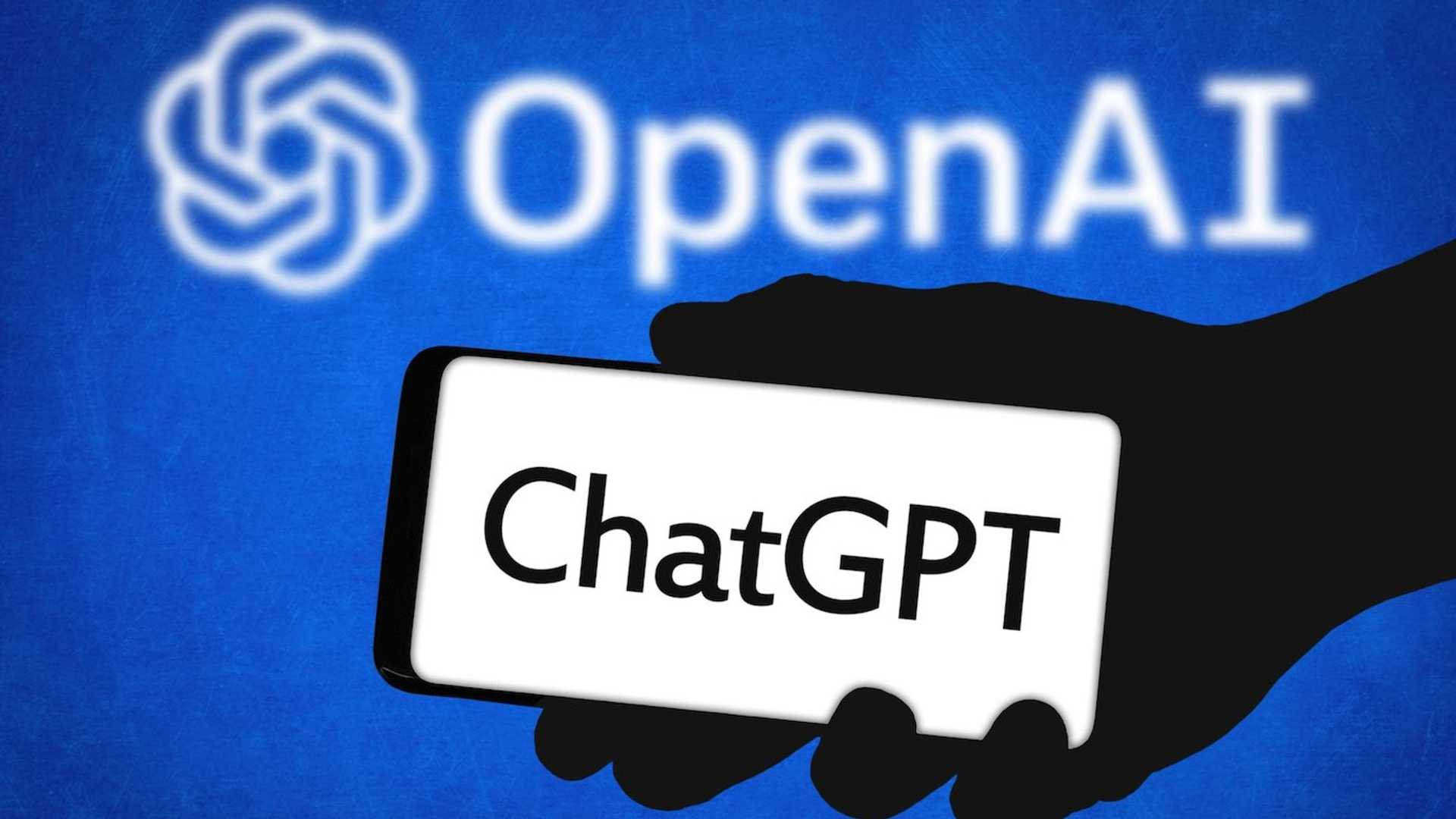ChatGPT is coming for your job, and that's good
Recently, a report from the University of Pennsylvania and OpenAI suggested that 20% of the US workforce is at risk of losing their jobs due to the increasing presence of generative pre-trained transformers (GPTs) like ChatGPT. The report claims that jobs such as accounting, translation, and writing will be the most affected. However, the reality is not as bleak as it seems. In fact, GPTs can help people in these professions and others to work more effectively and efficiently.
How GPTs can enhance software development
GPTs can eliminate repetitive tasks, but they do not replace software developers. Instead, GPTs can enhance their productivity. For instance, GitHub's Copilot can help developers write code much faster, and some developers find it quite addictive. Copilot can write code for developers, but it is up to them to tweak the last 20%. This is a significant performance boost that occurs when developers learn how to harness the power of GPTs to work for them instead of replacing them.
The benefits of GPTs for writing and programming skills
The report also claims that jobs heavily reliant on science and critical thinking skills have a negative correlation with exposure to GPTs, while programming and writing skills have a positive correlation. However, the report authors do not seem to understand that writing and programming require critical thinking skills too.
For instance, in the case of writing, GPTs may be able to write poetry, lyrics, and prose, but they cannot produce great literature that emerges from human genius and articulates common themes in uncommon ways. Similarly, coding with GPTs helps software developers unlock better solutions to different problems, but it cannot replace the ability of developers to grok and respond to business problems.
The union of people and machines
No technology can replace the human touch and experience, including GPTs. Instead, people can benefit greatly from GPTs when they use them to remove repetitive tasks and focus on the innovative, human side of their jobs. Therefore, the union of people and machines can lead to a happier workforce.
In conclusion, GPTs are not coming for your job; instead, they are here to enhance your work experiences. By using them effectively, you can work smarter, not harder.




















